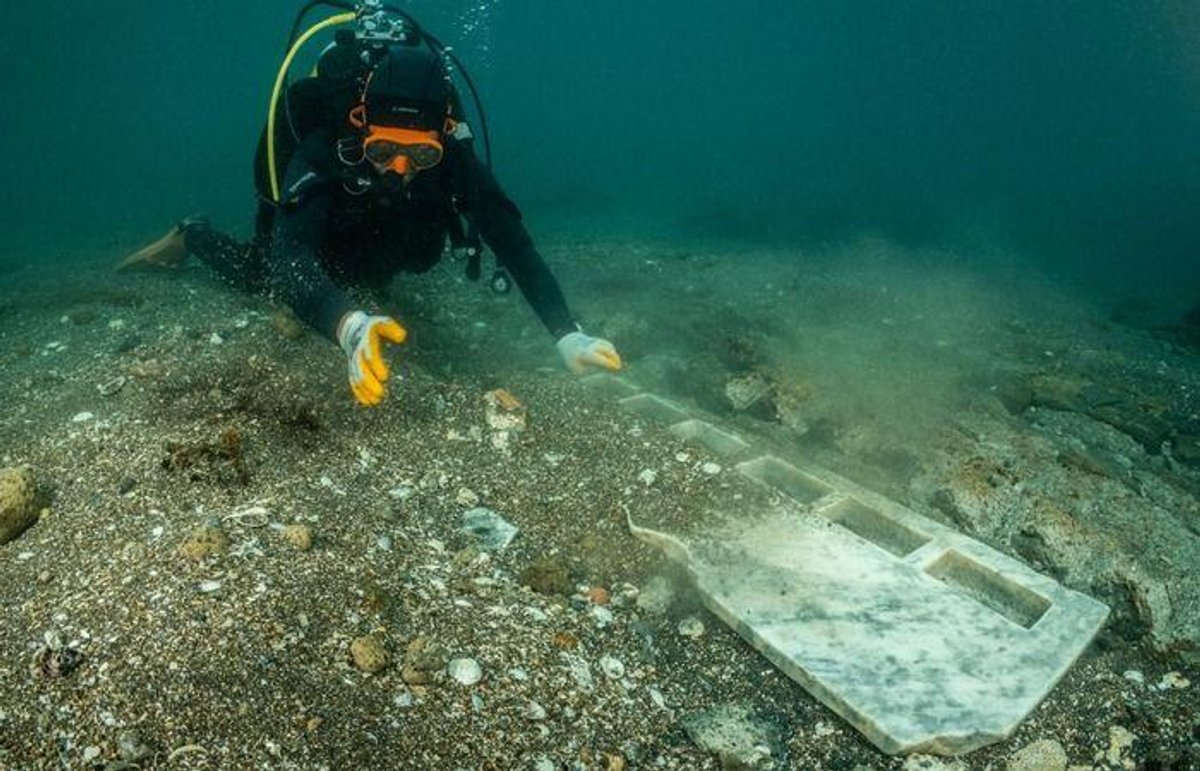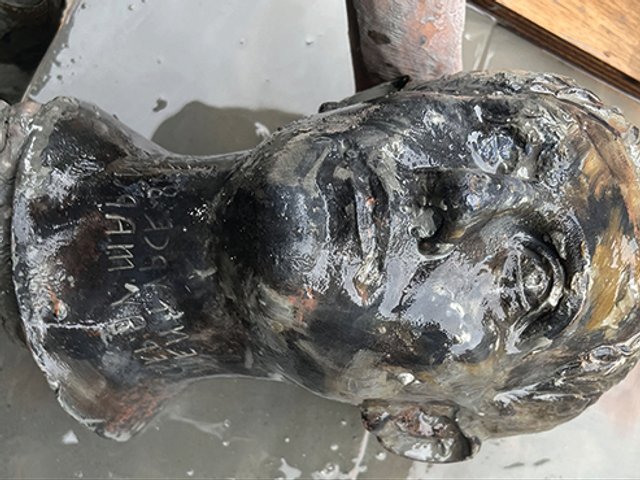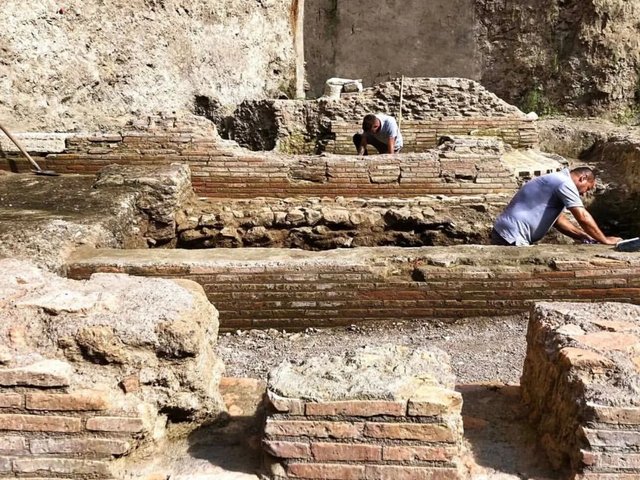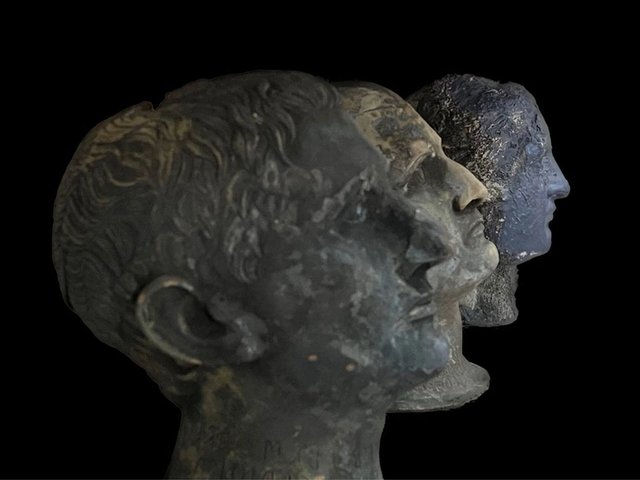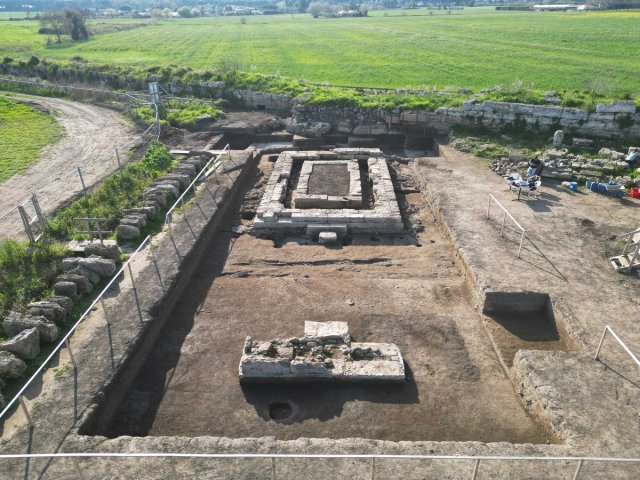An ancient Nabataean temple with marble altars has been found in the gulf of Pozzuoli outside Naples in the Italian region of Campania. A statement from the Italian ministry of culture says: “The two marble altars of the Roman period, datable to the first half of the first century AD, are inserted inside the great Temple of the Nabataeans, now submerged.” It is unclear when or if the ancient ruins will be removed from the seabed.
The Nabataean population was based in the desert areas of the Arabian Peninsula. Around 2,000 years ago they established a settlement at Pozzuoli, building up the largest commercial port in the Roman Mediterranean area, the ministry adds. The Nabataean city there declined at the end of the fifth century.
“This is an extraordinary result and the fruit of the collaboration between peripheral bodies of the Ministry of Culture, the academic and scientific [organisations] in the region and the underwater arm of the Carabinieri of Naples. Ancient Puteoli [ancient Pozzuoli] reveals another of its treasures, whose exact location was unknown up to now, which testifies to the richness and vastness of commercial, cultural and religious exchanges in the Mediterranean basin in the ancient world,” says the Italian culture minister Gennaro Sangiuliano in a statement.
The discovery throws light on the layout of the Pozzuoli port, adds the ministry, revealing how the “sacred buildings” of the Nabataean community stood in very close contact with the long rows of warehouses intended to store the many goods in transit in the port headed towards Campania or redirected to Rome.
“These finds bring the total number of Nabataean altar slabs and altar bases found in this area of sunken city to five since the first was discovered in the 18th century. The first three—two bases and one slab—are now in the collections of the National Archaeological Museum of Naples and the Archaeological Park of Campi Flegrei at the Castle of Baiae,” according to a commentary on the History Blog.


